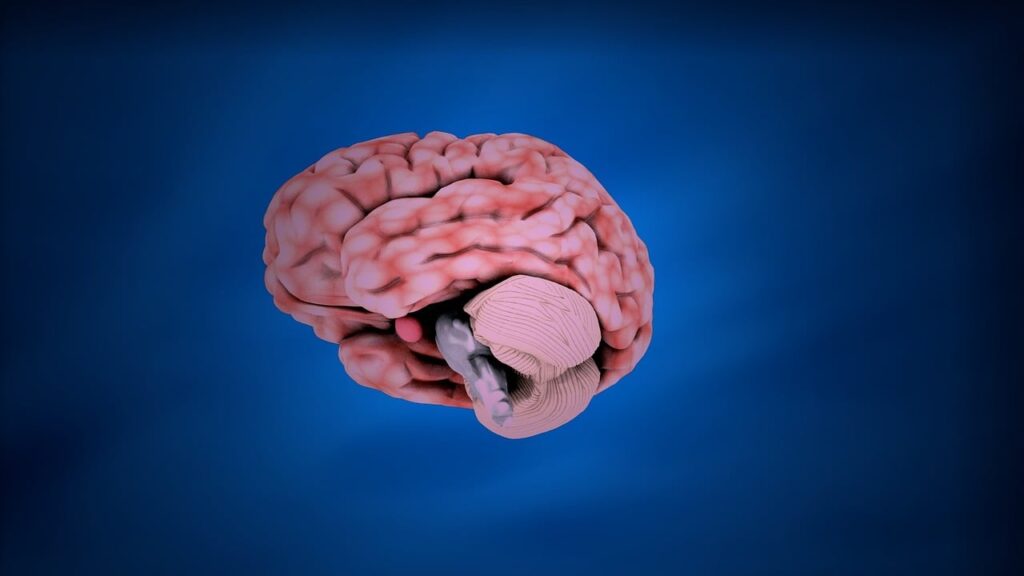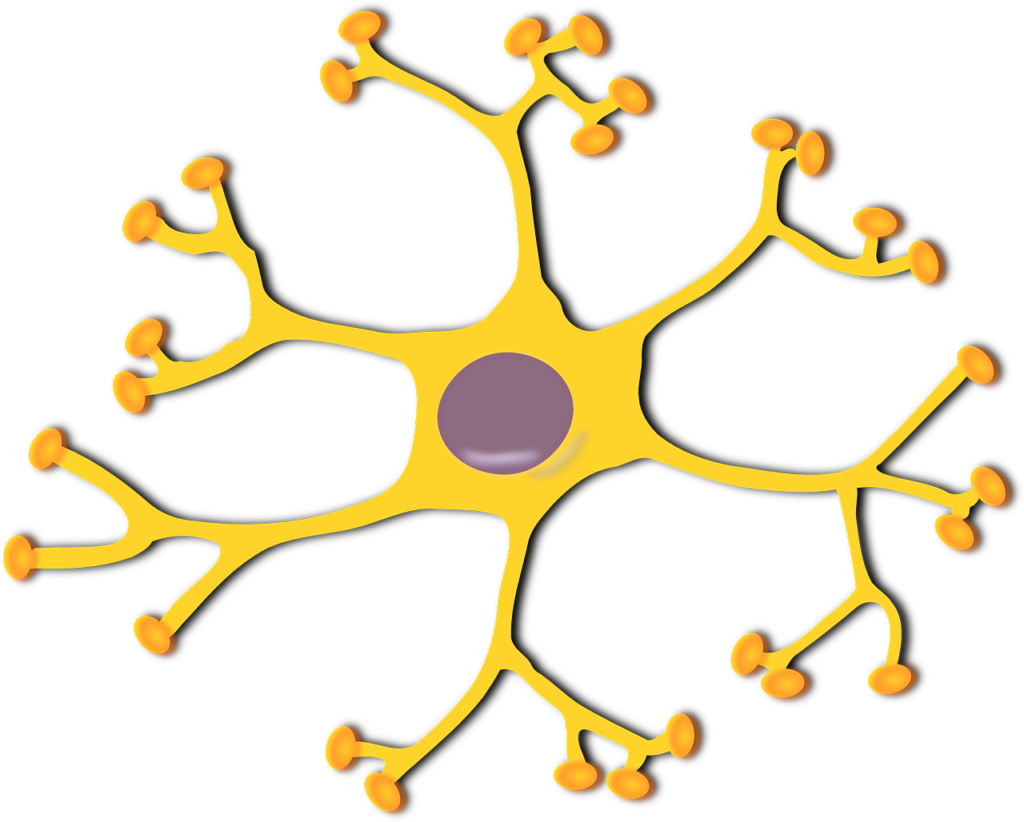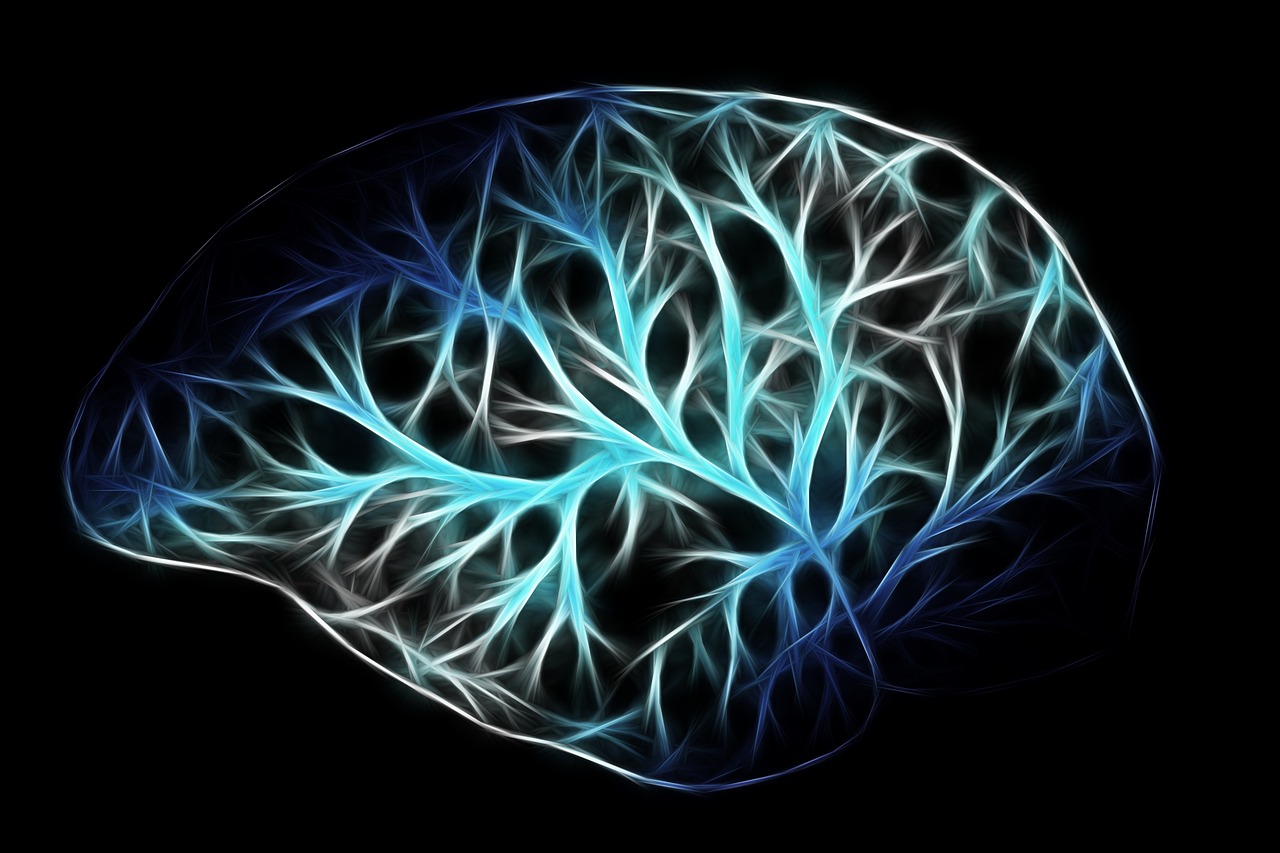Introduction to Mnemonic Cranial Nerves
Mnemonics, the art of memory aids, have been an invaluable tool for centuries, aiding learners in memorizing complex information with ease. In the realm of medical education, where intricate details can overwhelm students, mnemonics serve as a guiding light. This article explores the fascinating world of mnemonics, specifically focusing on their application in memorizing the cranial nerves.
The Cranial Nerves
Understanding the cranial nerves is paramount in medical education, yet their sheer number and functions can be perplexing. With twelve pairs of nerves responsible for various sensory and motor functions, memorizing them becomes a challenging feat.
Overview of Cranial Nerves
Cranial nerves are crucial for transmitting information between the brain and different parts of the body. From vision to facial expressions, each nerve has a unique role in our physiological processes.

Functions of Cranial Nerves
Delving deeper, these nerves are responsible for sensory and motor functions in the head and neck region. From the olfactory nerve (responsible for smell) to the hypoglossal nerve (controlling tongue movements), each nerve has a specialized function.
Challenges in Memorizing Cranial Nerves
The intricacy of functions and the sheer number of cranial nerves challenge learners. Here’s where mnemonics step in as an effective learning aid.
Importance of Mnemonics for Cranial Nerves
Addressing the Complexity of Mnemonic Cranial Nerves
The complexity of the cranial nerves demands creative solutions for memorization. Mnemonics simplify this process by providing a structured and memorable framework.
Enhancing Retention Through Mnemonics
Research suggests that mnemonic techniques enhance retention by engaging multiple areas of the brain. Mnemonics create associations that trigger recall, making them a powerful tool for long-term learning.
Creating Mnemonics
General Mnemonic Techniques
Before diving into cranial nerve-specific mnemonics, it’s essential to understand general mnemonic techniques. Acronyms, rhymes, and visualization are popular methods.
Mnemonics for Individual Cranial Nerves
Tailoring mnemonics to each cranial nerve’s unique characteristics can make memorization more efficient. From facial expressions to sensory functions, creating personalized memory aids enhances recall.
Examples of Mnemonic Cranial Nerves
Popular Mnemonics for Cranial Nerves
Mnemonics like “On Old Olympus’ Towering Top, A Finn And German Viewed Some Hops” help us remember the names of cranial nerves in order.
Mnemonics Based on Functions
Creating mnemonics based on functions, such as “Some Say Marry Money, But My Brother Says Big Brains Matter More,” aids in recalling the functions of each nerve.
Tips for Effective Memorization (Mnemonic Cranial Nerves)
Repetition and Practice
Consistent practice and repetition solidify mnemonic associations. Regular revisiting of mnemonics reinforces neural pathways, improving long-term memory.
Visual Aids and Memory Hooks
Incorporating visual aids, like diagrams and charts, enhances the effectiveness of mnemonics. Associating images with information creates powerful memory hooks.

Real-Life Applications (Mnemonic Cranial Nerves)
Medical Education
Medical students often use mnemonics as a cornerstone in their learning strategy. The application of mnemonic devices extends beyond memorization, fostering a deeper understanding of complex subjects.
Clinical Practice on Mnemonic Cranial Nerves
Professionals in clinical settings rely on quick recall of cranial nerves. Mnemonic mastery ensures that medical practitioners can swiftly apply their knowledge in real-world scenarios.
Challenges and Solutions
Common Challenges in Mnemonic Usage
Despite their efficacy, learners may face challenges in creating or adapting mnemonics. Lack of personalization and difficulty in creating memorable associations are common hurdles.
Strategies to Overcome Mnemonic Hurdles
Providing guidance on overcoming challenges, this section explores strategies such as breaking information into smaller chunks, involving multiple senses, and seeking peer collaboration.
Now that we’ve unveiled the secrets of cranial nerve memorization through mnemonics, let’s delve deeper into the practical application and potential challenges faced by learners and professionals alike.

Realizing Mnemonic Cranial Nerves’ Potential
Mnemonics aren’t just a tool for passing exams; they become a mental scaffolding, supporting a comprehensive understanding of the subject matter. In medical education, particularly when dealing with intricate topics like cranial nerves, this mental scaffolding is indispensable.
Beyond Memorization
Mnemonics foster a deeper comprehension by encouraging learners to associate information with memorable cues. This association ensures that the knowledge isn’t confined to rote memorization but is integrated into the broader understanding of neurology.
Long-Term Retention (Mnemonic Cranial Nerves)
The goal isn’t just to recall cranial nerves for an exam but to retain this knowledge throughout a medical career. Mnemonics, when used effectively, provide a roadmap for long-term retention, benefiting practitioners in their daily medical practice.
Overcoming Mnemonic Cranial Nerves Challenges
While mnemonics are a powerful tool, they’re not without their challenges. Understanding and addressing these challenges is key to maximizing their effectiveness.
Personalization Matters on Mnemonic Cranial Nerves
One common challenge is creating mnemonics that resonate with individuals. Encouraging learners to personalize their mnemonics ensures a more meaningful and effective memorization process.
Mnemonics as a Lifelong Skill
Learning to create effective mnemonics is a skill that extends beyond the classroom. Professionals can apply this skill throughout their careers, whether mastering new medical information, remembering patient details, or even recalling procedural steps in emergencies.
Unlocking the Potential of Mnemonic Cranial Nerves in Clinical Practice
Beyond the classroom, mnemonics become a valuable asset in clinical practice. The fast-paced nature of medical settings demands quick and accurate recall, making mnemonics an invaluable tool for healthcare professionals.
Rapid Decision-Making (Mnemonic Cranial Nerves)
In emergencies, where time is of the essence, having a mnemonic at the tip of your mind streamlines decision-making. Remembering the functions and order of cranial nerves becomes second nature, enabling swift and precise actions.
Enhancing Patient Communication
Mnemonics also play a role in effective communication with patients. Complex medical terms can be overwhelming for individuals without a medical background. Professionals using mnemonics can translate complex information into layman’s terms, fostering better patient understanding.
Future Horizons: Advancements in Mnemonic Techniques
As technology advances, so do mnemonic techniques. Incorporating virtual reality, interactive platforms, and gamification into mnemonic creation could revolutionize the way medical information is memorized.
Virtual Reality Mnemonics
Imagine walking through a virtual representation of the cranial nerves, each nerve having its distinct visual cue. Virtual reality could provide an immersive and memorable experience, enhancing the mnemonic creation process.
Gamified Learning
Turning mnemonic creation into a game could make the process more engaging for learners. By introducing challenges, rewards, and competition, educators could tap into the psychology of motivation, making the learning journey both enjoyable and effective.

Conclusion on Mnemonic Cranial Nerves
In conclusion, mnemonics offer a transformative approach to mastering the intricacies of cranial nerves. By providing a structured and engaging framework, mnemonics make learning enjoyable and effective.
Insights – Conclusion on Mnemonic Cranial Nerves
In the ever-evolving landscape of medical education and practice, mnemonics remain a timeless and potent ally. Whether you’re a medical student navigating the complexities of cranial nerves or a seasoned professional facing the challenges of clinical decision-making, mnemonics are the keys to unlocking a wealth of knowledge.
Embrace the magic of mnemonics, personalize your learning journey, and witness how these memory aids transform not just how you memorize, but how you comprehend, apply, and excel in the vast realm of medicine.
FAQs (Mnemonic Cranial Nerves)
How long does it take to memorize all cranial nerves using mnemonics?
Mnemonic efficiency varies, but with consistent practice, learners can expect significant progress within a few weeks.
Can mnemonic techniques be applied to other medical studies?
Absolutely! Mnemonics are versatile and can be adapted to various medical subjects, enhancing overall learning.
Are there specific mnemonics for different learning styles?
Yes, mnemonics can be personalized based on individual learning preferences, making them adaptable to diverse styles.
What role do visual aids play in cranial nerve mnemonic techniques?
Visual aids, such as diagrams and charts, complement mnemonics by providing a visual reference and strengthening memory associations.
How can mnemonics benefit professionals beyond the medical field?
Mnemonics are applicable in diverse fields, fostering efficient memorization and quick recall, making them beneficial for professionals in various domains.
Some more FAQs (Mnemonic Cranial Nerves)
Can mnemonics be used for other medical specialties besides neurology?
Absolutely! Mnemonics are versatile and can be applied to various medical specialties, simplifying complex information.
Are there mnemonics specifically designed for different learning preferences, such as visual or auditory learners?
Yes, mnemonics can be tailored to suit different learning styles, ensuring effectiveness for all types of learners.
How do mnemonics compare to traditional memorization techniques in terms of efficiency?
Mnemonics are often more efficient due to their engaging and personalized nature, providing a more enjoyable and effective learning experience.
Can mnemonics be shared among peers for collaborative learning?
Indeed, sharing mnemonics within study groups enhances collaborative learning, allowing individuals to benefit from diverse perspectives and creativity.
Are there any mnemonic apps or tools recommended for medical students or professionals?
Several mnemonic apps are available, catering to different learning preferences. Exploring these tools can further enhance the mnemonic learning experience.
People Also Read
Understanding: Colon Broom Reviews, Common Issues & Benefits of Colon Cleansing with 7 Natural Remedies -click here
7 Powerful Secrets Revealed: Unveiling the Truth About Morbid Obesity with ICD-10 – click here
10 Ultimate Points on Colon Broom Vs. Metamucil – click here
Trace Minerals Drops: 8 Hidden Key to Radiant Health and Vitality – click here
Herbalife Tea- How in 5 Amazing Steps You Can Supercharge Your Goals? Sip Your Way to Success – click here


I wanted to express how amazing your post is. I could tell you are an authority on this subject because of how obvious it is. If everything is up to you, I would want to follow your feed so I can be informed when you publish new content. Many thanks, and keep up the fantastic work.
What i do not realize is in fact how you are no longer actually much more wellfavored than you might be right now Youre very intelligent You recognize thus considerably in relation to this topic made me in my view believe it from numerous numerous angles Its like men and women are not fascinated until it is one thing to do with Lady gaga Your own stuffs excellent All the time handle it up
This site is incredible. The magnificent substance shows the proprietor’s commitment. I’m dumbfounded and expect additional such fabulous posts.
This website is an absolute gem! The content is incredibly well-researched, engaging, and valuable. I particularly enjoyed the [specific section] which provided unique insights I haven’t found elsewhere. Keep up the amazing work!
What i dont understood is in reality how youre now not really a lot more smartlyfavored than you might be now Youre very intelligent You understand therefore significantly in terms of this topic produced me personally believe it from a lot of numerous angles Its like women and men are not interested except it is one thing to accomplish with Woman gaga Your own stuffs outstanding Always care for it up
Somebody essentially help to make significantly articles Id state This is the first time I frequented your web page and up to now I surprised with the research you made to make this actual post incredible Fantastic job
Thank you for the good writeup It in fact was a amusement account it Look advanced to far added agreeable from you However how could we communicate